BMW’s Wackersdorf facility, now home to an advanced battery testing centre, highlights the automaker’s push towards sustainability and precision in electric vehicle production. The €100 million ($105.65m) investment underscores BMW’s commitment to innovation.
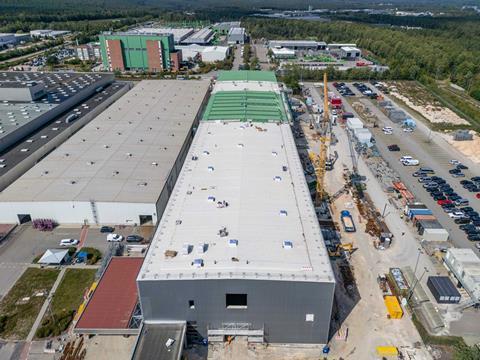
BMW’s battery testing centre in Wackersdorf is more than a technical facility; it is a statement of intent. The automaker has dedicated €100 million ($105.65m) to transform part of its Wackersdorf Innovation Park into a hub for testing high-voltage batteries and electric powertrain components. The expansion marks another critical milestone as BMW seeks to position itself as a leader in electromobility.
Strategically located in Hall 80, a structure originally designed for a reprocessing facility in the 1980s, the centre exemplifies BMW’s focus on sustainability through adaptive reuse. By retrofitting existing infrastructure, the company demonstrates that innovation can align with resource efficiency. The facility covers more than 8,000 square metres and represents a cornerstone in the automaker’s efforts to enhance the quality and reliability of its electric vehicles.
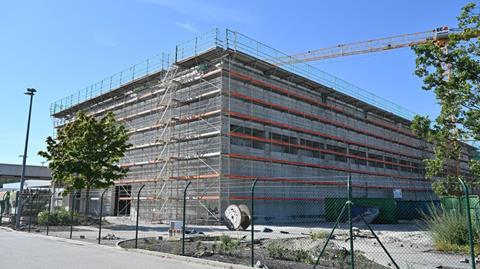
The Wackersdorf battery centre will been designed to test individual battery cells under a wide range of simulated conditions, replicating the stresses and strains that batteries face in real-world usage. Initially capable of testing several hundred cells simultaneously, the facility plans to scale up its capacity to thousands, ensuring it can meet the growing demand for EV production.
In-house testing to boost OEM’s battery capabilities
The investment is a response to a critical industry challenge: the scarcity of high-tech battery testing infrastructure. By creating its own in-house capabilities, BMW has reduced its reliance on external testing services, enhancing efficiency and maintaining tighter control over quality.
By 2025, the facility will be in a position to validate battery-electric vehicles prior to their production launch. This includes rigorous testing such as vibration and shock evaluations, made possible by specialised devices known as “shakers.” These tests ensure that the batteries can endure real-world challenges, from rough terrains to abrupt stops, while meeting regulatory requirements for vehicle approval.
“This project is not just about advancing our electric vehicle capabilities”
- BMW
In addition to technical validation, the centre is equipped to simulate complex driving scenarios, including charging and discharging cycles. This data not only informs vehicle type approval but also provides insights into optimising battery longevity and performance. The Wackersdorf Innovation Park now houses four key operations: overseas plant supply, cockpit production, door manufacturing for Rolls-Royce, and the newly inaugurated battery testing centre. This diversification underscores the site’s critical role in BMW’s global production strategy.
A BMW spokesperson emphasised the facility’s long-term impact, stating, “This project is not just about advancing our electric vehicle capabilities but also about ensuring sustainable practices and economic resilience within our supply chain.”
Professionals in automotive manufacturing will find much to admire in this development. The Wackersdorf battery testing centre epitomises the industry’s future: one where cutting-edge technology and sustainable practices converge. By investing in its own testing infrastructure, BMW accelerates its transition to electromobility while setting new standards for efficiency and reliability in production.































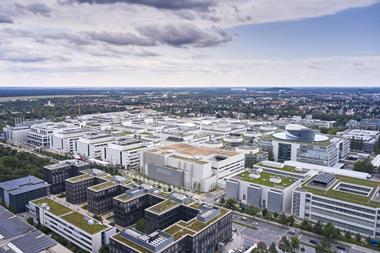
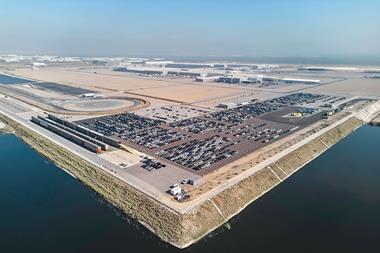
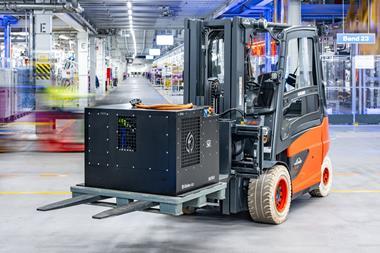
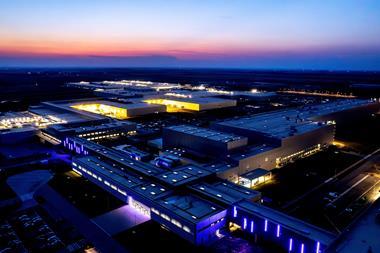



No comments yet